NOV 27,(V7N) - Australian lawmakers are moving closer to implementing a controversial ban on under-16s using social media platforms, with the legislation passing the lower chamber of Parliament on Wednesday. The law now heads to the Senate for debate. If approved, major social media companies like Facebook, Instagram, TikTok, and Snapchat will be required to take "reasonable steps" to prevent young teens from having accounts. Companies that fail to comply could face hefty fines of up to AU$50 million (US$32.5 million).
The legislation, championed by Centre-left Prime Minister Anthony Albanese, aims to protect young Australians from the dangers of social media, which he has described as platforms for peer pressure, anxiety, scams, and online predators. Albanese is rallying parents to support the measure, hoping to encourage young people to spend more time on physical activities like sports instead of on their phones.
While the proposed ban is among the strictest globally, critics point out that the bill lacks detailed enforcement guidelines. The law could take at least 12 months before it fully comes into effect, and many experts are doubtful about its practical implementation, noting that age restrictions are often easily bypassed. Amendments to the bill have explicitly prevented companies from requiring government-issued IDs to verify users’ ages.
Some social media companies, including WhatsApp and YouTube, may be exempt from the ban, as teenagers often use these platforms for schoolwork or recreation. LinkedIn has also requested an exemption, arguing that its platform is too "boring" to appeal to minors.
Social media expert Susan Grantham criticized the legislation as a "knee-jerk reaction," warning that a blanket ban might have unintended consequences, such as isolating young people who rely on online communities or encouraging adults to post inappropriate content. Grantham believes that a better approach would be to improve digital literacy programs for young people, like those in Finland, where children as young as five are taught to critically evaluate online content.
The legislation is being closely watched by other countries, many of which are considering similar measures. Lawmakers in Spain and Florida have proposed similar bans, though none have been enacted. In China, minors have been restricted from using social media platforms like Douyin (the Chinese version of TikTok) for more than 40 minutes a day since 2021, and online gaming time for children is also limited.
END/WD/RH/





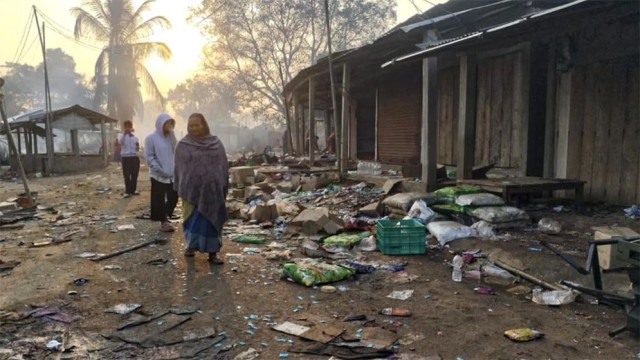

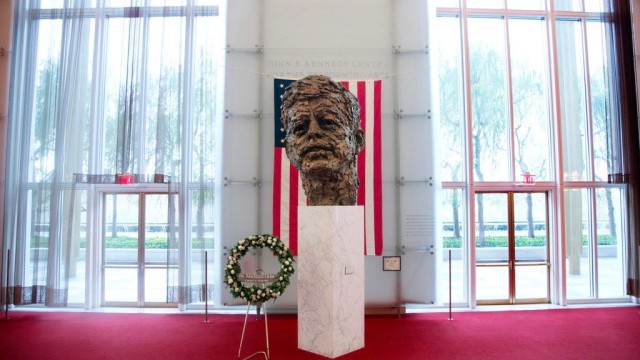






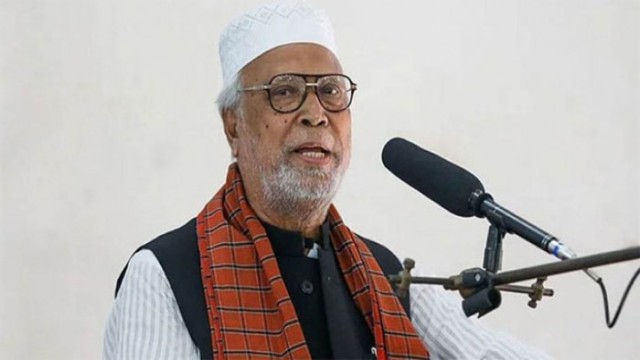


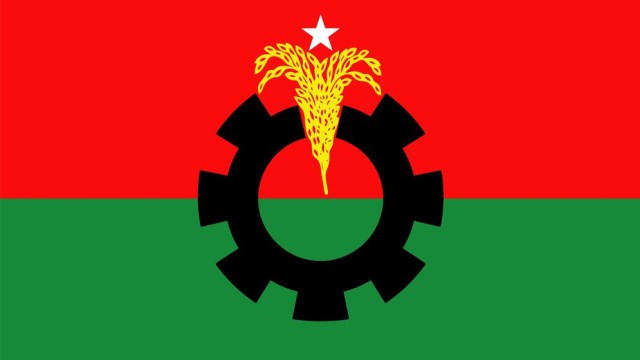







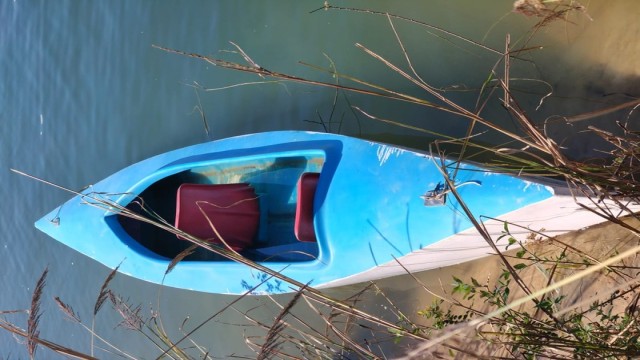


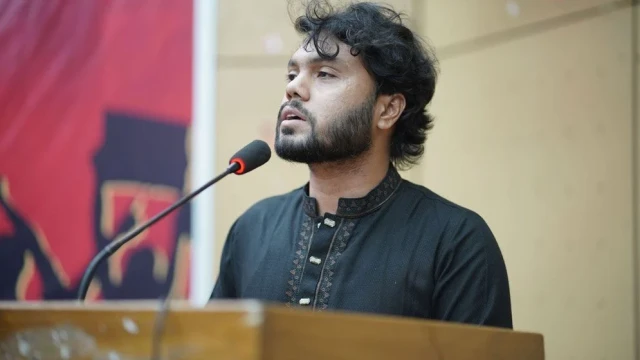


Comment: